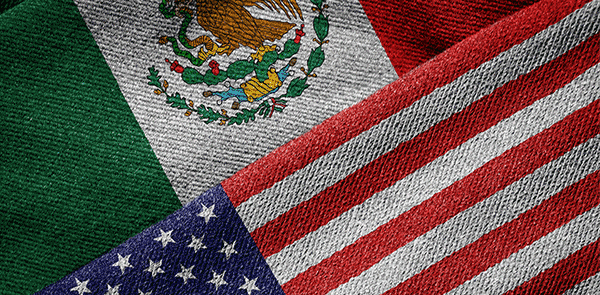|
Tuesday, June 21 // 10–11:30 a.m. (ET)
This summer, India and Pakistan will each mark 75 years since independence. Over the years, the two countries have taken divergent economic paths. This event will compare and contrast each country's economic evolution, identify key economic policies and turning points, and highlight what each must do to achieve future economic success. It will also consider how the economic trajectories of India and Pakistan have shaped U.S. policy toward each country.

Tuesday, June 21 // 2–3:15 p.m. (ET)
Join us for this critically important discussion on the potential for seabed mining, the parameters for effective regulation, and the need for U.S. engagement.

Wednesday, June 22 // 9–1o:30 a.m. (ET)
Please join the Wilson Center’s Maternal Health Initiative and UNFPA, in collaboration with the Inter-Agency Working Group on Reproductive Health in Crises (IAWG) and White Ribbon Alliance, for a panel discussion on maternal and newborn health in humanitarian settings and the important role of midwives in these contexts. Panelists will share strategies to strengthen midwifery-led health care through targeted investment, training, and improved collaboration and referral pathways within the larger health in humanitarian settings context.

Thursday, June 23 // 10–11:30 a.m. (ET)
Addressing continuity and change in different actors’ global health policies over time, this panel will try to explore new strategies for vaccine diplomacy while sharing the perspective of less represented voices in health diplomacy. What lessons can be learned from the competitive nature of COVID-19 vaccine diplomacy to better understand the power and struggle of competition in the global health domain?

Thursday, June 23 // 10:30–11:30 a.m. (ET)
Over 60% of U.S. crude oil imports originate from Canada, making it the largest supplier of foreign oil to U.S. markets. Alberta Premier Jason Kenney's testimony before the U.S. Senate in May and Senator Joe Manchin's visit to Alberta in April highlight the elevated importance of this bilateral energy relationship in the aftermath of Russia's invasion of Ukraine. As the United States grapples with how to meet its own emissions goals, the transformation of Canada's energy industry stands to serve as a blueprint.

|





